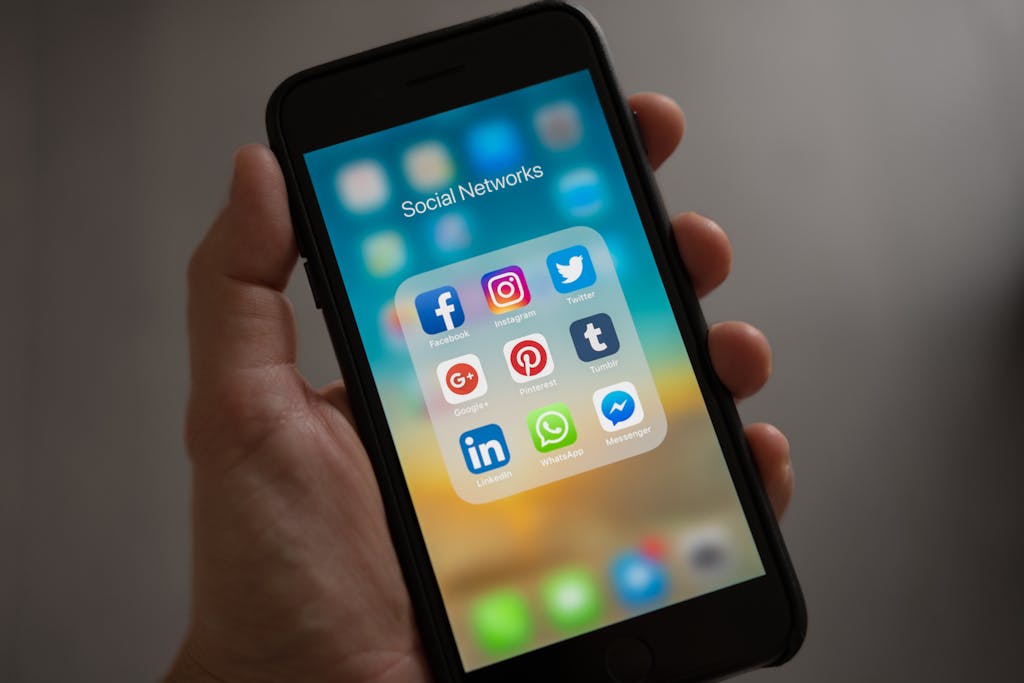The movement looking to limit cell phone use in schools has been making great headway, as state legislatures from South Carolina to California have been passing or proposing bills that call for restrictions.
This is fantastic, but there’s an element to this discussion that is not spoken about enough. Of course, the focus is on creating a conducive learning environment for students during an age when distractions are everywhere. But, distraction is not the only issue that phone use in the classroom contributes to.
Constant, extended, uninhibited social media use doesn’t only reduce attention span. It is linked to poor mental health, which is even more detrimental.
Social media grants users instant gratification, which releases levels of dopamine that can alter and rewire people’s brains. This can lead to addiction, a shortened attention span, and a decreased desire to think deeply and learn.
On top of the chemical explanation, social media also causes young people to compare themselves and their lives to others, resulting in insecurity, jealousy, and anxiety. This also leads to depression and other physical health issues.
It is no secret that poor mental health is a pandemic among young people today. According to the CDC, 40 percent of American high schoolers reported feeling persistent sadness or hopelessness as of 2023.
How can we expect our children to learn if so many of them have their minds on something else?
As Sophie Winkleman explains, The Anxious Generation by Jonathan Haidt illustrates that “the great rewiring of childhood is causing a plague of mental illness in our children.”
Limiting cell phone use in schools can give students much-needed time away from their phones during the day. It can also help young people focus more on personal interaction. Advocating this alongside mitigating distractions in the classroom can bolster the argument in favor of regulating cell phone use in schools.

